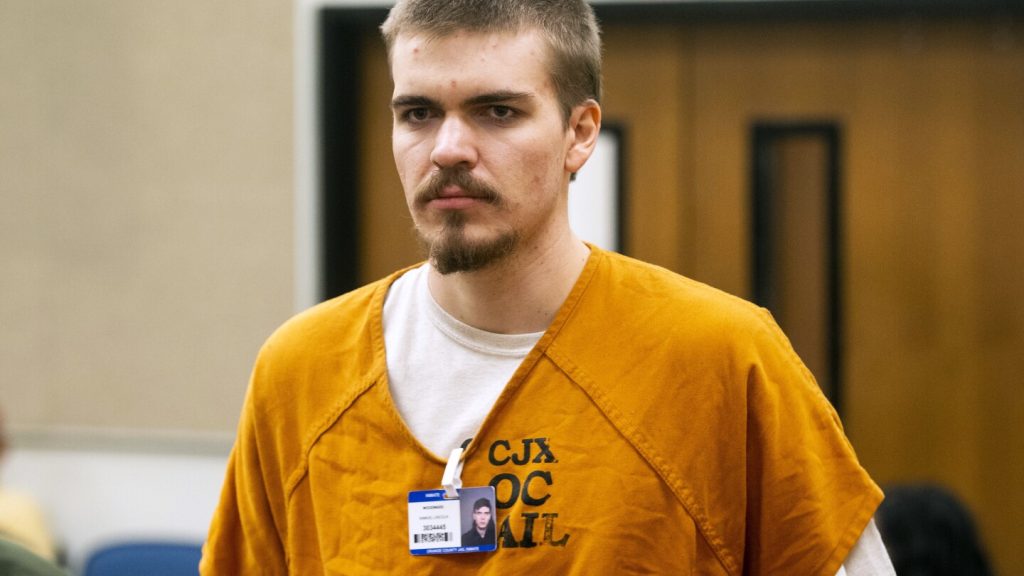The trial for the murder of University of Pennsylvania student Blaze Bernstein, who was stabbed to death in an act of hate, is set to begin with opening statements on Tuesday. The accused, 26-year-old Samuel Woodward from Newport Beach, California, has pleaded not guilty to the charges. Woodward is accused of stabbing Bernstein, a 19-year-old gay, Jewish college student, to death while he was home visiting his family on winter break. The two young men had attended the same high school in Orange County and Bernstein went missing after going out with Woodward to a park in Lake Forest, California in January 2018. His body was later found buried at the park in a shallow grave.
Authorities have linked DNA evidence to Woodward, as well as found anti-gay, antisemitic, and hate group materials on his cellphone. Woodward was reportedly trying to become a member of the neo-Nazi group Atomwaffen Division, which promoted white supremacy. He also had journal entries, including one titled “diary of hate,” describing threats he made to gay people online. A folding knife with a bloodied blade was discovered in Woodward’s room at his parents’ home in Newport Beach, leading to his arrest two days after Bernstein’s body was found. Woodward faces charges of murder with a hate crime enhancement and has maintained his plea of not guilty.
The case has taken several years to reach trial due to questions about Woodward’s mental state and changes in his defense attorneys. Despite claims that Woodward has Asperger’s syndrome, a developmental disorder that affects social interactions, his lawyer Ken Morrison has emphasized that the public should not rush to judgment based on the narrative presented by the prosecution. Morrison has urged the public to trust the judicial process and wait for all evidence to be presented in court. The Orange County district attorney’s office declined to comment on the case ahead of the trial.
As the trial for the murder of Blaze Bernstein is set to begin, the focus will be on determining Woodward’s culpability in the death of the young college student. With evidence linking Woodward to the crime scene and his alleged involvement with hate groups, the prosecution will likely present a strong case against him. The defense, on the other hand, may attempt to raise doubts about Woodward’s mental state and his intentions at the time of the incident. It remains to be seen how the trial will unfold and what verdict will be reached by the jury. The case serves as a reminder of the impact of hate crimes and the importance of seeking justice for victims like Blaze Bernstein.


